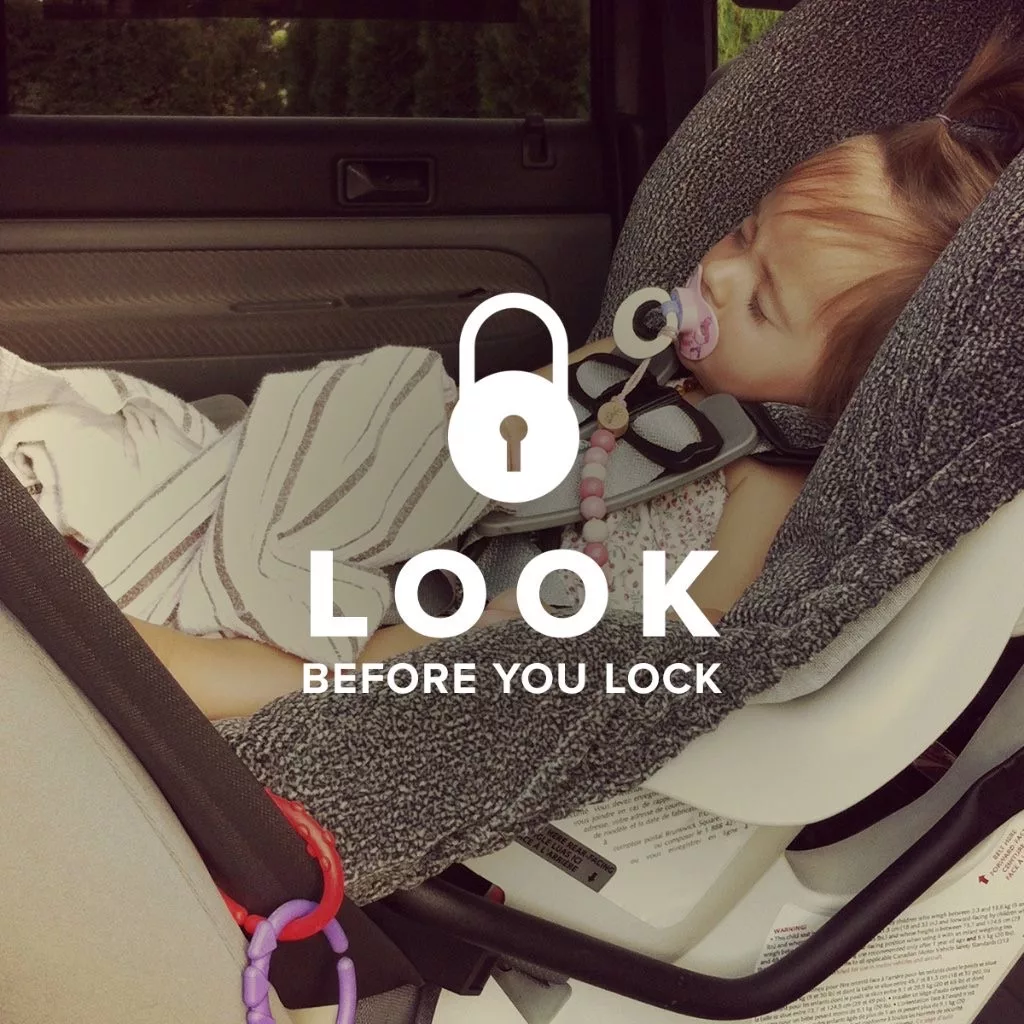As hot summer weather returns to Kansas with temperatures in the 90s forecast for this weekend and the coming week, AAA is warning parents and caregivers of the even higher, dangerous temperatures inside vehicles and the deadly risk that can pose to children.
-
According to NoHeatStroke.org, 948 children have died nationwide due to Pediatric Vehicular Heatstroke (PVH) since 1998.
-
There were 33 PVH deaths nationwide 2022, and 8 have occurred so far this year.
-
Heatstroke is the leading cause of non-crash, vehicle-related deaths for children under the age of 14, with an average of 38 fatalities nationwide per year since 1998.
-
In Kansas, 14 children have died in a hot vehicle since 1998, the last occurring July 31, 2022 in Scranton, Kansas.
-
Kansas’ per capita pediatric vehicular heatstroke death rate of 24 per 1 million, from 1998-2022, ranks 10th highest in the United States. (Louisiana at 39.5 had the highest PVH fatality rate, while Oklahoma was second highest at 36.5.)
Temperatures inside a closed vehicle can be 50 or more degrees higher than the outside temperature, and maximum temperatures can exceed 180 degrees Fahrenheit. In the first 30 minutes after a vehicle is closed, 80% of total heat increase occurs.
According to investigations of pediatric vehicular heatstroke deaths, a few key circumstances account for most of the tragedies:
-
53% of child hot car deaths in vehicles were caused by adults forgetting the children (Nearly half were not dropped off at childcare)
-
26% of victims gained access and were playing in an unattended vehicle.
-
20% of the fatalities, the child was knowingly left in the vehicle.
AAA is Urging Drivers to:
-
Never leave a child unattended in a vehicle – not even for a minute.
-
If you see a child unattended in a hot vehicle, call 9-1-1.
-
Be sure that all occupants leave the vehicle when unloading. Don’t overlook sleeping babies.
-
Always lock your car and ensure children do not have access to keys or remote entry devices.
-
Teach children that vehicles are never to be used as a play area.
-
Teach that if they can’t get out of the rear doors, to try the front doors; and that failing to honk the horn to get the attention of others.
-
If a child is missing, always check the pool first (if there is on), and then the car, including the trunk.
-
Keep a stuffed animal in the child car seat, and when the child is put in the seat, place the animal in the front with the driver. Or place your purse, briefcase or cell phone in the back seat as a reminder that you have your child in the car.
-
Make “look before you lock” a routine whenever you get out of the car.
-
Have a plan that your childcare provider will call you if your child does not show up as scheduled.
It looks like you are not a member of VIP Club yet. Please fill out the form below to access the page and join the VIP Club








